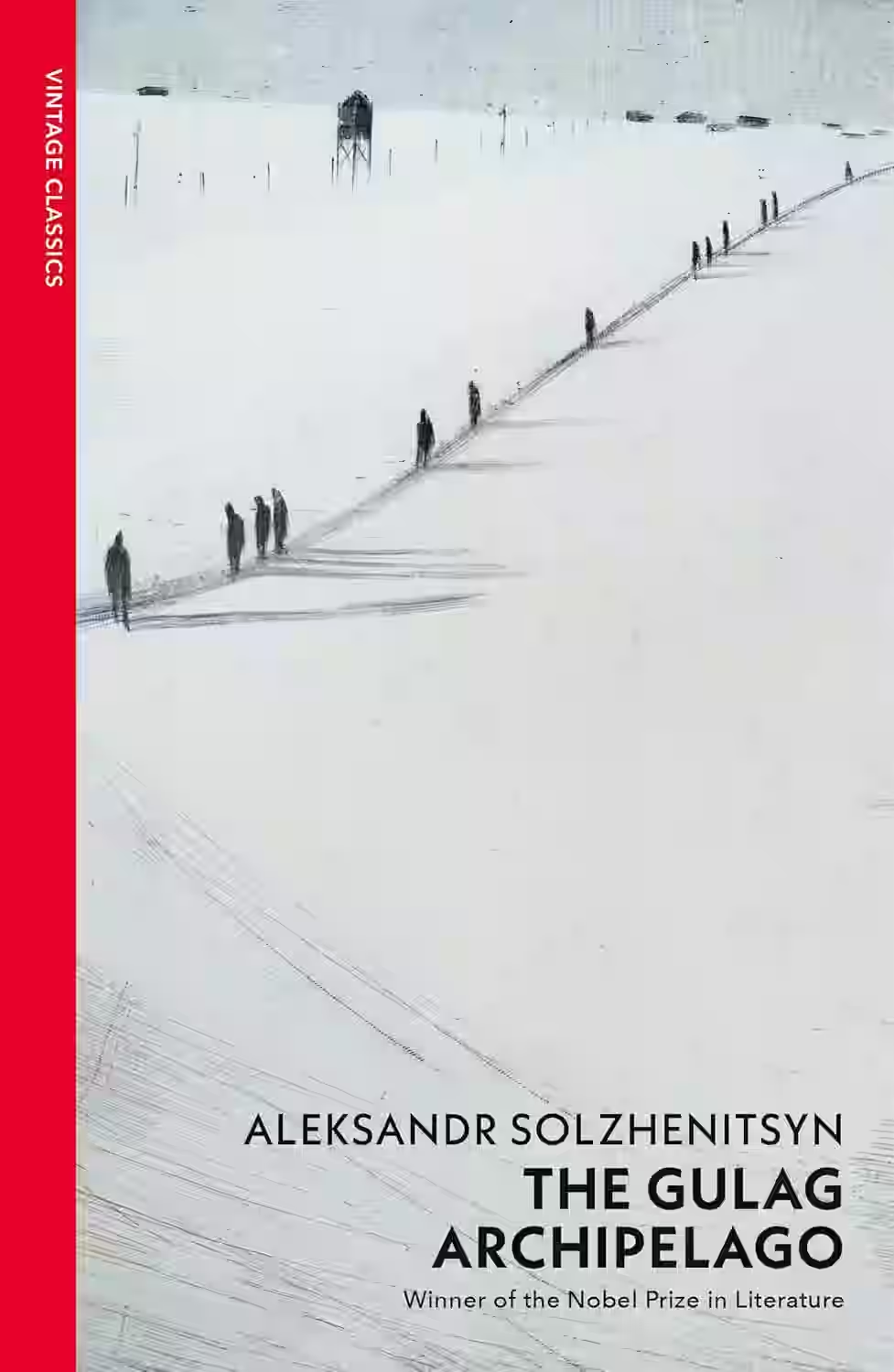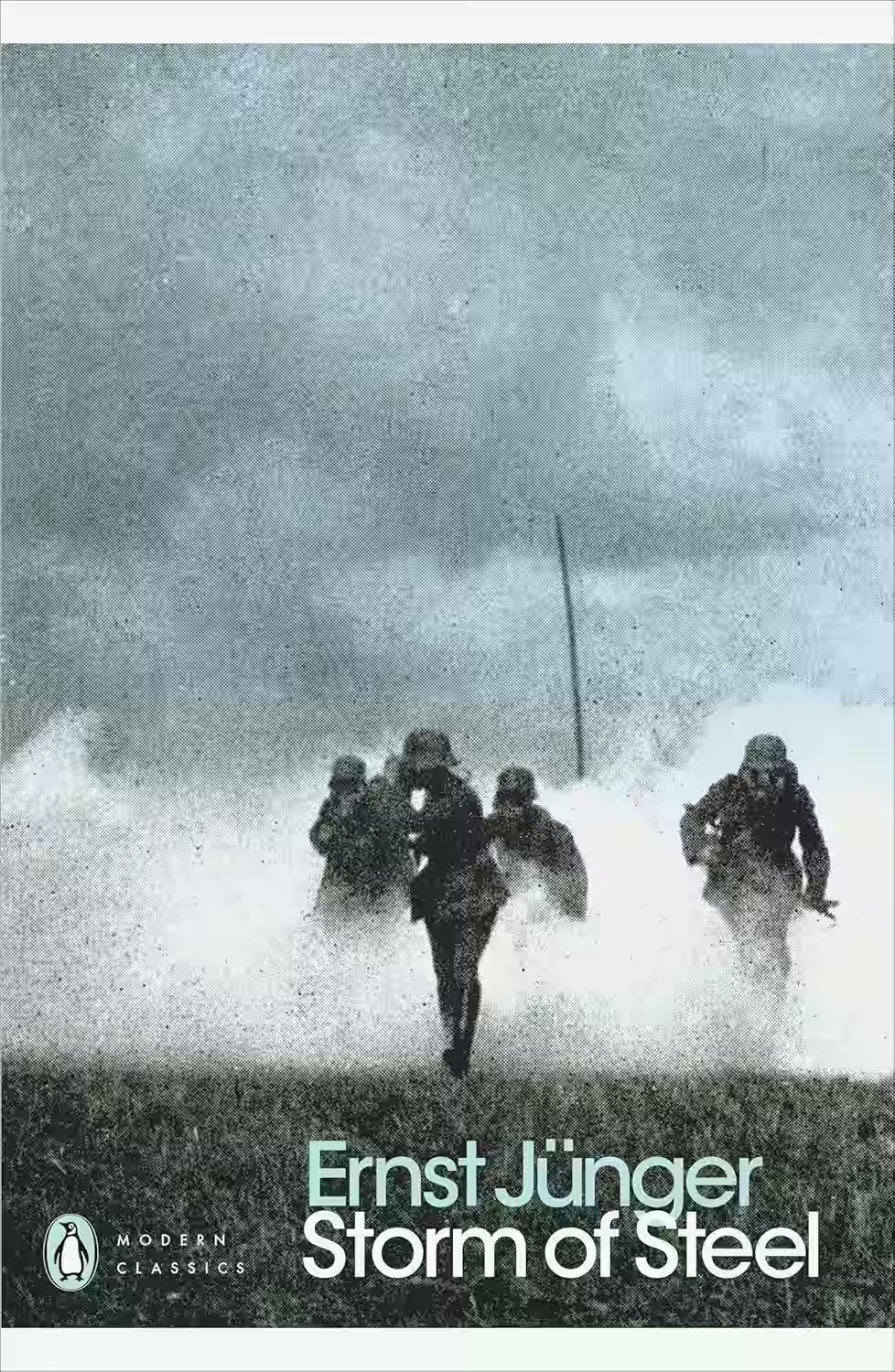
In 'The Gulag Archipelago,' Nobel laureate Aleksandr Solzhenitsyn meticulously documents the horrors of the Soviet forced labor camp system. Spanning three volumes, this monumental work delves into the chilling realities faced by prisoners, the arbitrary nature of arrests, and the dehumanizing conditions within the camps. Solzhenitsyn provides a harrowing account of the cruelty and oppression under Stalin's regime, shedding light on the resilience of the human spirit in the face of extreme adversity. Through powerful storytelling and profound insights, he exposes the depths of totalitarianism and the enduring quest for freedom and truth. 'The Gulag Archipelago' stands as a monumental work of historical significance and moral courage.
About Aleksandr Solzhenitsyn
Aleksandr Solzhenitsyn was a Russian novelist, historian, and dissident, born on December 11, 1918, in Kislovodsk, Russia. He served as a decorated captain in the Soviet Army during World War II but was later imprisoned for criticizing Stalin in a letter, an experience that inspired his literary works. Solzhenitsyn's most notable work, 'One Day in the Life of Ivan Denisovich' (1962), exposed the harsh realities of life in Soviet labor camps. His magnum opus, 'The Gulag Archipelago' (1973), further unveiled the atrocities of the Soviet regime and earned him the Nobel Prize in Literature in 1970. Solzhenitsyn's unflinching portrayal of totalitarianism and censorship continues to influence and inspire readers worldwide.
Similar Books

My Inventions: The Autobiography of Nikola Tesla
by Nikola Tesla
Nikola Tesla (1856–1943), a visionary of the electronic age, pioneered much of modern electrical and communication systems. His groundbreaking work included the alternating-current system, radio, the Tesla coil, wireless transmission, and fluorescent lighting. Despite his monumental contributions, Tesla's genius was often misunderstood, leading to others being credited for his innovations. This volume, originally a 1919 magazine series, offers Tesla's own account of his life, from his Croatian boyhood and European education to his collaboration with Edison and his subsequent revolutionary research. Written with wit, his memoir provides fascinating insights into the mind of a true scientific pioneer, covering his early life, inventions, and key discoveries like the rotating magnetic field and telautomatics.

With the Old Breed
by E.B. Sledge
E.B. Sledge's 'With the Old Breed' is a poignant and harrowing personal account of his experiences as a Marine in the Pacific during World War II. Through vivid and visceral prose, Sledge brings to life the brutal realities of combat, showcasing the camaraderie, suffering, and resilience of the men he fought alongside. The book delves into the psychological toll of war, the challenges of survival in extreme conditions, and the moral dilemmas faced by soldiers. Sledge's raw and honest narrative provides a deeply human perspective on the horrors of war and the bonds formed in the crucible of conflict.

Storm of Steel
by Ernst Junger
In 'Storm of Steel', Ernst Junger vividly recounts his experiences as a German soldier on the Western Front during World War I. Through his unflinching narrative, Junger explores the brutal realities of war, the camaraderie among soldiers, and the psychological toll of constant combat. His writing is both gripping and introspective, offering a raw and unfiltered glimpse into the chaos and horror of battle. Junger's descriptions of trench warfare and the desperate struggle for survival are as haunting as they are enlightening. 'Storm of Steel' is a powerful war memoir that remains relevant in its portrayal of the human condition amidst the ravages of war.

What Do You Care What Other People Think?
Richard Feynman, Nobel laureate and icon, was a genius with an insatiable appetite for adventure and a remarkable talent for storytelling. This collection of short pieces and reminiscences reveals his diverse passions, from his appreciation of beauty to his college antics and the unique lessons imparted by his father. Feynman takes us behind the scenes of the Challenger investigation, vividly recounting his pivotal experiment that exposed the disaster's cause. He also shares the poignant story of meeting his beloved first wife, Arlene, and their brief, cherished time together. Infused with Feynman's characteristic curiosity and zest for life, these writings are both deeply moving and wonderfully humorous.